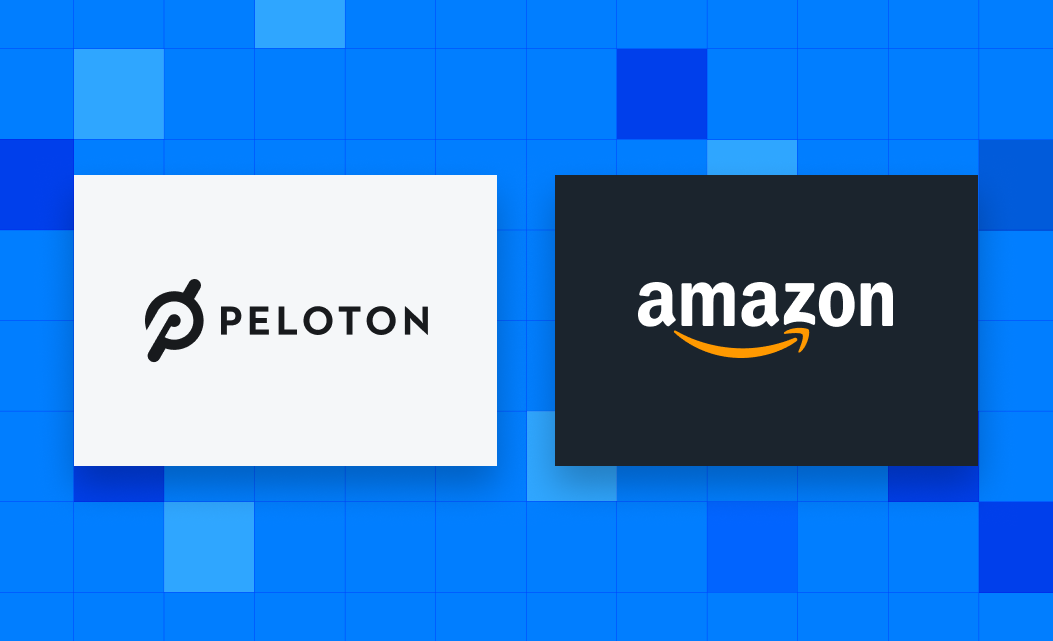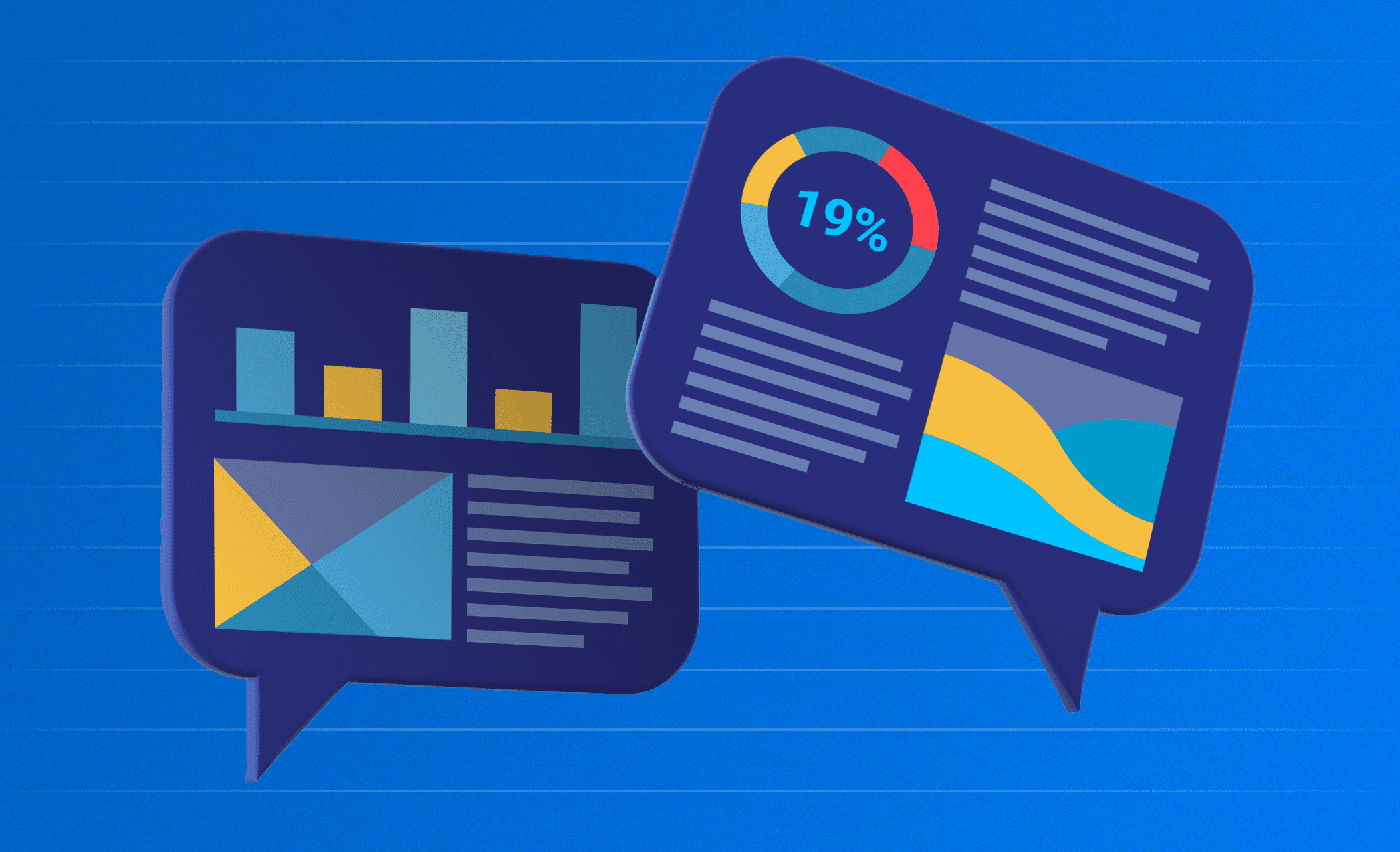This past August, Peloton Interactive (PTON) announced that it would soon sell its stationary bikes and gear beyond its website and brick-and-mortar stores. The exercise equipment and subscription-based brand has partnered with Amazon in an exclusive deal that many forecast to be the beginning of Jeff Bezos’ next M&A deal. When reports of PTON’s product overproduction and plummeting stock evaluation made news, Amazon was one of few companies that expressed interest in purchasing Peloton–with rumors of Bezos’s intentions leading to a 40% increase in their stocks. However, the details of the partnership have left many questioning how long this deal has been in the works and what this could mean for the future of the FaaS industry.
For Peloton to fully integrate into Amazon’s business model, there has been a serious supply-chain overhaul on Peloton’s part. Amazon is offering three-hour delivery time increments and the option for free assembly with every stationary-bike purchase, which has reportedly forced Peloton to hand off their delivery and assembly responsibilities to third-party services–responsibilities that were previously handled by in-house teams. The partnership indicates that Peloton CEO Barry McCarthy, who joined in February, is acting to improve the company’s standing within the marketplace. Pelton shares have dropped nearly 85% since their peak in December 2020, with hundreds of jobs being cut and retail locations closed due to poor quarter-over-quarter performance.
While PTON’s decision to sell its brand via the world’s sixth-largest retailer is a strategy to keep the business afloat, there is more to this deal than meets the eye. More importantly, was the writing on the wall the entire time?
A Timeline Into The Partnership
Using AlphaSense and relying on the Four Perspectives, we dove into the conversations that laid the foundation for Amazon’s interest in Peloton by accessing expert calls, earnings transcripts, press releases, and much more found in our platform. Relying on the Four Perspectives, we illustrate for you not only how these conversations are born but ways to spot them from a mile away and strike on them.
Expert Calls Signal Potential Partnership Early On
In April 2022, AlphaSense conducted a Stream expert call with a prior iFit Market Manager, iFit being one of Peleton’s competitors, to gain a deeper understanding of what direction Peloton was heading in. Historically, Peloton had acted independently, not engaging in brand collaborations or partnerships to, as the expert believes, preserve its brand strength and bandwidth. This approach to strategy is uncommon in today’s market. However, considering PTON’s standing within the marketplace, a partnership with, say, a company like Amazon could be extraordinarily profitable for both sides involved.
“I do feel like there’s a lot of value in part of growing up with other companies, and a lot of companies have started doing that. You have Kohl’s that also works closely with Amazon, also in Target,” the iFit Market Manager says. “Peloton, they’re a bike company, but they’re really a tech company. What they’re selling is technology, and they’re really going to have an advantage in the market, especially if they get bought out by a company. I don’t know if they’re going to get bought out, but if they do by a company like Nike or Apple, that would be huge for them. Or even Amazon.”
Peleton’s decision to not enter into any partnerships places pressure on their ability to command consumer attention—something the brand has not been able to accomplish since a series of accidents that came with the release of their treadmill product, Tread, in 2021. In the eyes of former Nautilus Inc. CMO & General Manager, Peloton has lost its competitive edge and has still not pursued any collaborations that most of its competitors have engaged in back in April. As a result, its intentions to remain a “singular modality” company is starting to backfire, leaving partnership as the only possibility for survival within the market.
“Peloton has remained a single modality company. That just totally baffled me,” a former Nautilus Inc. CMO & General Manager said in a Stream expert call. “They were so cash-rich, they were growing like crazy. They could have acquired Tonal. Lululemon acquired Mirror. I know they launched Tread, but Tread still, as they report their earnings, it’s an almost immaterial amount of revenue that’s delivered from the Tread. They could have acquired Tonal. Lululemon acquired Mirror. I think that’s one thing, they remained a single modality player, as opposed to their key competitors who have multiple modalities.”
As Signaled, Peloton Partners with Amazon
In August, Peloton announced that its products and accessories would be sold outside of the brand’s e-commerce site, inside sales channels, and global showrooms for the first time ever. The brand’s strategic move to collaborate with Amazon allows Peloton to expand access to its highly sought-after suite of connected fitness products through a brand-new distribution channel.
“We want to meet consumers where they are, and they are shopping on Amazon. Providing additional opportunities to expose people to Peloton is a clear next step as we continue to generate excitement for our unparalleled connected fitness experience.” Kevin Cornils, Peloton Chief Commercial Officer, says. “Expanding our distribution channels through Amazon is a natural extension of our business and an organic way to increase access to our brand.”
Peloton Earnings Transcripts: Shift to Growing Revenue and Expansion
Laying off new employees and closing down stores, according to W. Barry McCarthy
CEO, President & Director of Peloton is not enough of a strategy to regain lost capital. In the company’s Q4 2022 Earnings Call, McCarthy shared initiatives to reinvigorate the brand and draw consumer interest back. By expanding its product offerings, reselling its gently used products, developing a FaaS program and evolving its digital app, and implementing a new pricing strategy, McCarthy is attempting to generate revenue through an infrastructure overhaul.
“It’s not enough to just cut expenses,” McCarthy says. “We have to grow revenue. And we’ve taken a number of steps in order to accomplish that objective. We have substantially picked up the pace of innovation and testing and risk-taking in order to accomplish that objective.”
“So we happen to sit right smack in the middle of the pivot where we have made substantial progress addressing all of the infrastructure-related headwinds of the business.” McCarthy continues. “And now it’s time to get back to the business of expanding the franchise.”
Broker Research Suggests Need to Recoup Lost Capital
Peloton’s first distribution partnership with Amazon is likely to foster similar partnerships across the FaaS market. According to broker research within the platform, Peloton’s decision to expand to Amazon’s massive customer base plays towards the brand’s strategy to recoup lost capital, even if it de-emphasizes its physical stores, by spending less on digital advertising. Depending on the success of this partnership, some believe that Peloton’s products on Amazon could become available for purchase outside of the US, in other geolocations like the UK and Germany.
Further, the brand may expand its producing offerings on the e-tailer like their Bike+ and Tread, as well as their subscription services–with a potential subscription offering Peloton content that is only available through an Amazon Prime membership. This partnership also opens PTON up to other potential retail partners, like Walmart, Costco, and Dick’s Sporting Goods.
The Four Perspectives Create a 360 Degree View
Without AlphaSense, keeping tabs on the milestones that led up to the PTON and Amazon partnership would have been challenging. Staying on top of the latest, relevant information can mean spending hours sorting through endless streams of useless data to get the insights you need to make better, more informed decisions. And by the time you feel you have a grasp of what’s happening within the market, you’re back at square one as more and more information continues to flow in. It can feel virtually impossible to get an accurate reading of what’s happening in the market without the help of an AI-backed research tool.
But AlphaSense is more than just a research platform that cuts down the time one might spend searching through content sources. AlphaSense provides users with a complete picture of a company, industry, watchlist, market, or trend using the Four Perspectives: the company voice, the analyst’s voice, the journalists & regulatory voice, and the expert’s voice.
Each voice relates to a set of documents within the platform to ensure that users never miss key pieces of intel from any source. In terms of the Amazon and Peloton partnership, we relied on each perspective to track the progress of what would transpire between the two companies months before PTON’s announcement:
- Experts (related: Stream experts calls, etc.): Through interviews with former employees of Peloton’s various competitors, we gained their perspective on where PTON was and is positioned within the market landscape. Learning the competitive dynamics behind companies like Nautilus Inc. and iFit allowed us to identify opportunities PTON was overlooking at the time–such as a partnership with a large retailer or e-tailer.
- Company (related: 10Qs, earnings calls, press releases, etc.): By leveraging the documents released by PTON, we were able to get the details behind their partnership with Amazon. Through just a press release, we deduced that Peloton is making significant changes to their supply chain in order to meet Amazon’s expectations, but also to meet their customers’ needs and position themselves for future growth opportunities.
- Journalists & Regulatory (related: business news, trade publications, etc.): Consuming news relating to Peloton’s performance within the market is essential to understanding the moves the company made.. Information about PTON’s mishaps with their products (i.e. the Tread), its overproduction and plummeting stock prices gave us the foundation to believe that Peloton needed to act if they did not want to dip into the red.
- Analyst (related: Wall Street Insights, etc.): With the news of the PTON and Amazon partnership comes a lot of questions–how will it affect the company in the short and long term, and will it be a partnership that influences competitors to take similar, potentially lucrative actions? While there are no guaranteed correct answers to this line of questioning, relying on the projections analysts share from leading brokerage firms can give us insight into what we can expect from key industry players in the coming quarters.
Leading companies are using expert calls to gain an edge on their competition. Are you still wondering how they are leveraged and what insights you can find in them? In our eBook, The Corporate Guide to Expert Insights, we share everything you need to know about expert insights, and how to leverage them in your own corporate strategy.





